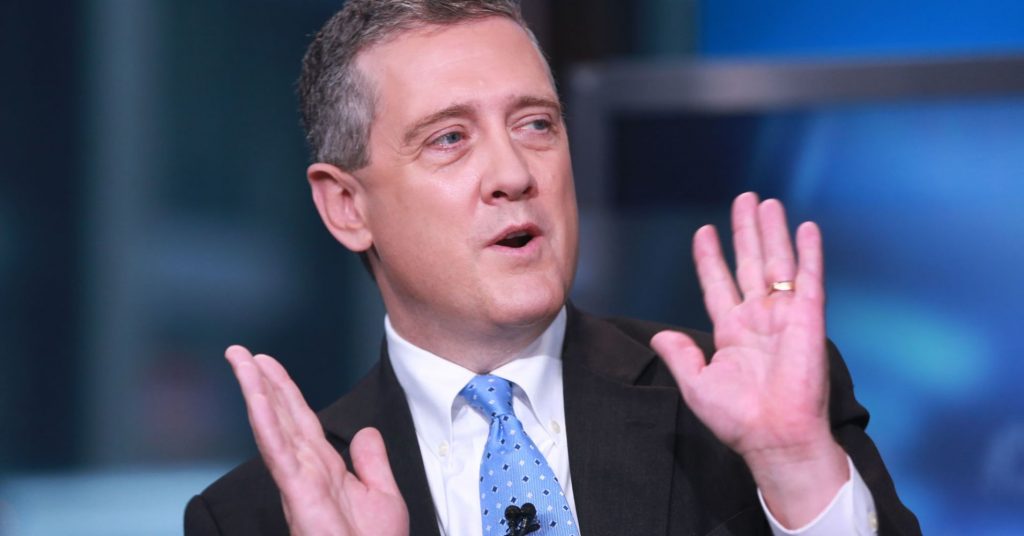
Apple removed five of Alex Jones’ podcasts from its iTunes and Podcast apps, with the tech giant saying they had violated its guidelines on hate speech.
The company confirmed on Monday that it had removed five out of six podcasts, which includes Jones’ infamous “The Alex Jones Show” as well as a number of other InfoWars audio streams. The news was originally reported by BuzzFeed News.
Jones, a controversial conspiracy theorist who has claimed that the 2012 Sandy Hook school shooting was a hoax, has been hit with other content bans from the likes of Google’s YouTube, Facebook and most recently Spotify.
Spotify last week pulled several of Jones’ podcasts, citing the violation of its policies on hateful content. Apple’s move appears to be the second decision by a major music and audio streaming platform to censor such content.
Apple’s move seems slightly more dramatic — the company has taken down entire libraries of InfoWars podcasts, rather than a select few episodes.
“Apple does not tolerate hate speech, and we have clear guidelines that creators and developers must follow to ensure we provide a safe environment for all of our users,” an Apple spokesperson said in a statement on Monday.
“Podcasts that violate these guidelines are removed from our directory making them no longer searchable or available for download or streaming. We believe in representing a wide range of views, so long as people are respectful to those with differing opinions.”
Tech giants have faced calls from both sides of the political spectrum to be more transparent about the way they approach content flagging and banning. On the left, there are critics who say these firms are not doing enough to take down harmful and offensive content, while on the right there are some who think internet firms are routinely censoring conservative posts.
As private companies, there is nothing in law to bar them from removing user-generated videos and audio as they see fit. But a number of mostly conservative commentators have framed the issue as a matter of freedom of speech.
On Friday, Apple officially became the first publicly-listed U.S. company to reach a market capitalization of $1 trillion.
The problem of online political content as a whole has proven to be a contentious one for digital companies.
Two weeks ago, Facebook faced the biggest one-day market rout in history, shedding more than $100 billion from its market value in the space of just one trading day.
That followed concerns that the company’s data scandal, in which it admitted to allowing the data of 87 million users to be shared improperly with political consultancy Cambridge Analytica, had affected second-quarter revenues.
Issues around data privacy and fake news have become almost intertwined as politicians and regulators examine how to deal with claims that digital platforms were used as a tool to influence major elections including the 2016 U.S. presidential election and the U.K. Brexit referendum.
Therefore, tech firms have been at the center of the debacle, with analysts questioning whether they could be the target of increased regulation. In May, the European Union put in place its huge data law shake-up, dubbed GDPR (the General Data Protection Regulation, requiring companies to obtain explicit consent from customers as to how their data is used, or else face a fine of either 20 million euros ($23 million) or 4 percent of their global annual revenues.

